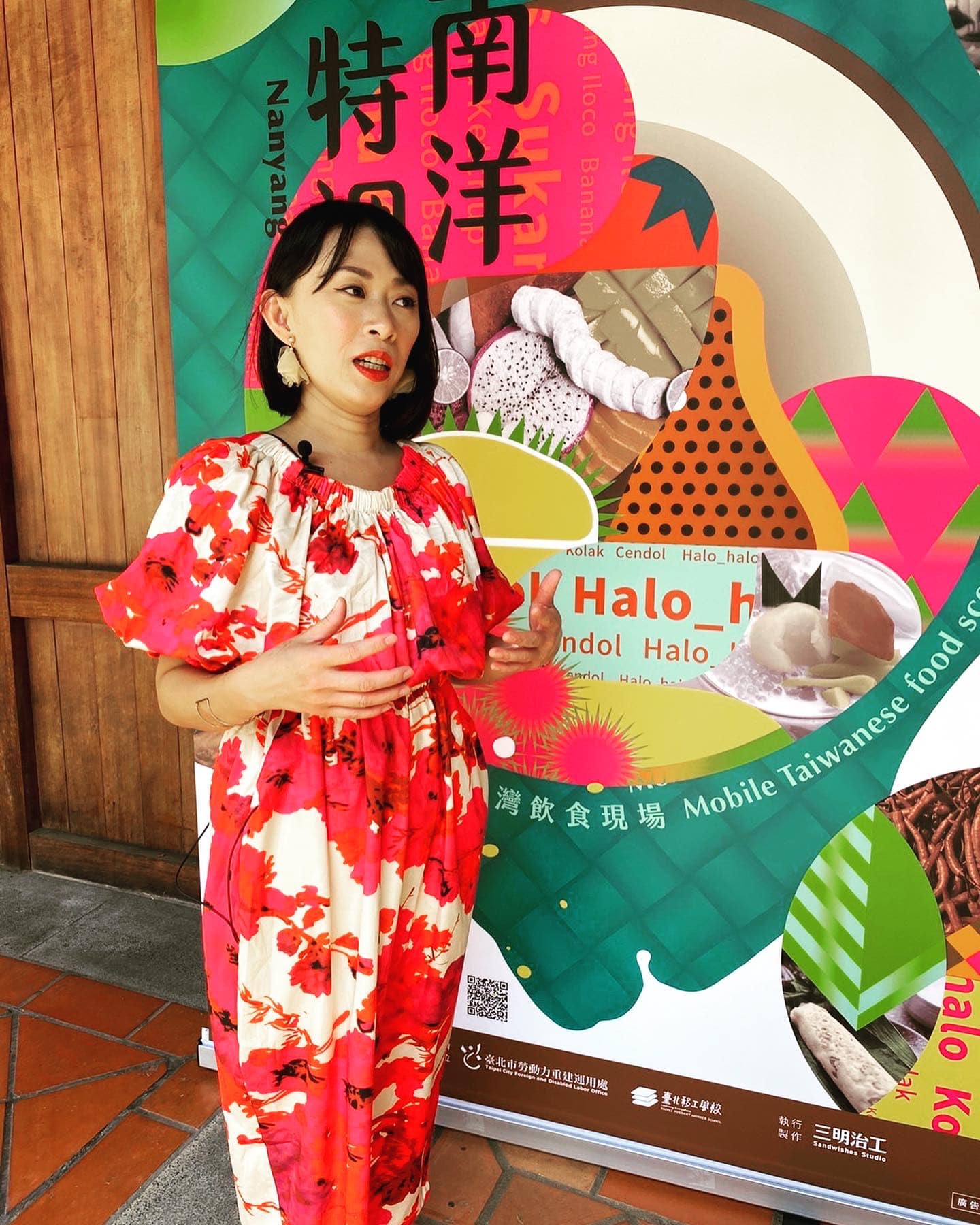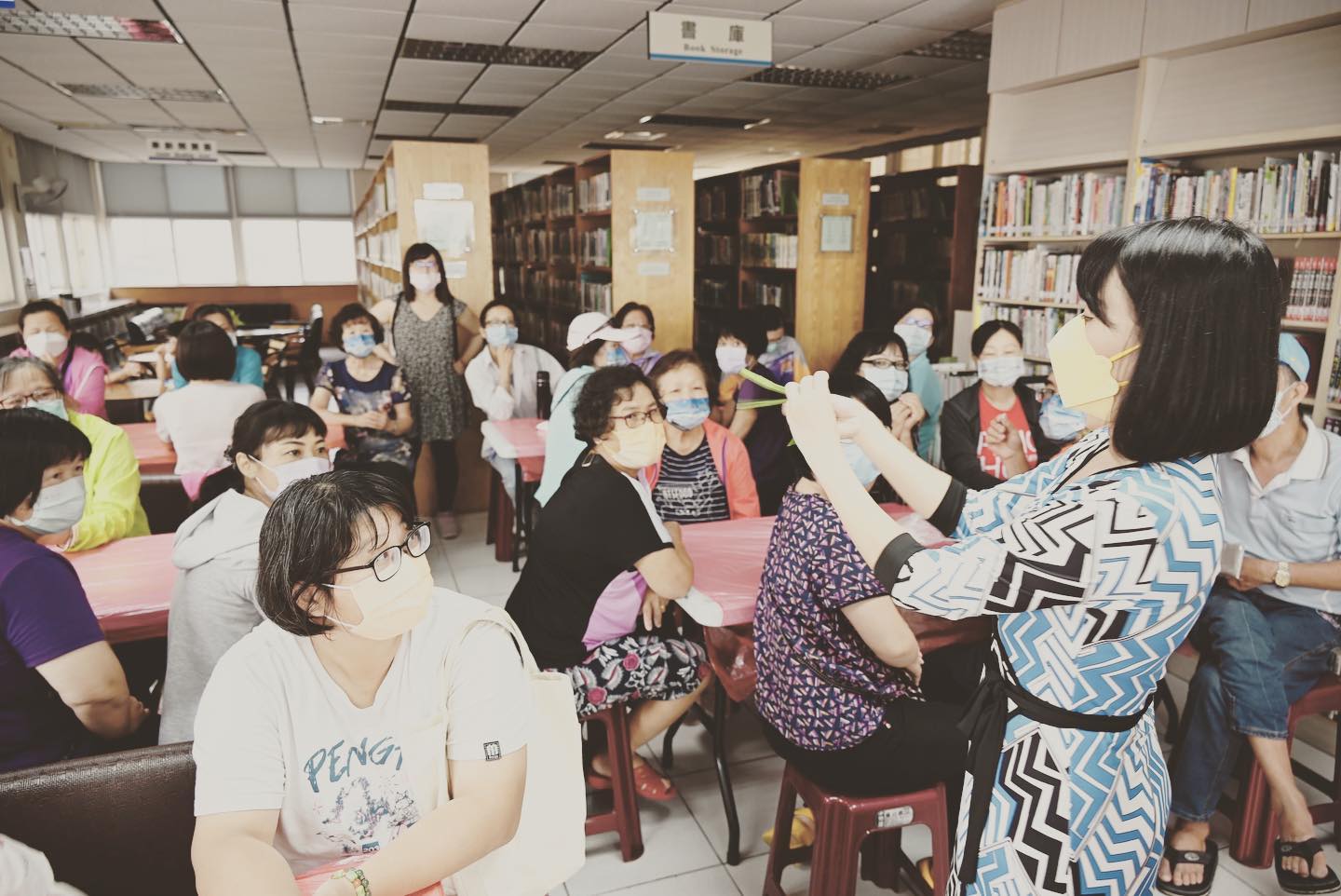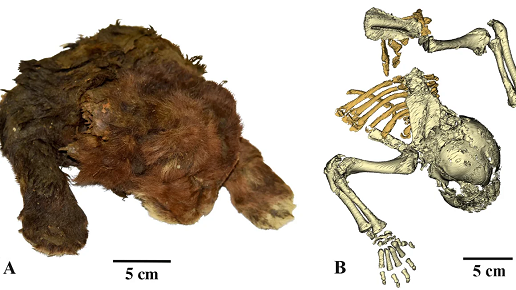[Taiwan Immigrants' Global News Network] In cooperation with the National Education Radio [United Nations of Happiness], a series of exciting stories about new immigrants in Taiwan is launched. This episode, “Liu Ming Fang, an Indonesian New Immigrant Expert of Spice to Promote Southeast Asian Cuisine,” (broadcast on National Education Radio on August 23th) invites Liu Ming Fang (劉明芳) from Indonesia to share her story as a spices profession and the importance of food to fer. The hosts are Yang Wan Li (楊萬例) and Wang Li Lan(王麗蘭).
Read more: Overstayers self-report for reduced penalty! Let NIA help you home!

Teacher Liu Ming Fang (劉明芳) of Indonesian Spice Culture.Photo reproduced from National Education Radio
Liu Ming Fang (劉明芳) is an Indonesian-born overseas Chinese. When she was fifteen years old, she moved back to Taiwan. She moved to Penghu a few years ago. She is passionate about southeast Asian spices. During the many migrations, she has a deeper understanding of ingredients from different regions, and then became an expert in food and cuisine. Liu not only wrote numerous books on southeast Asian cuisine, but she also published a new book (菊島廚房食記) last year, which especially describes the ingredients and cuisines of Penghu.
“I enjoy eating, but there was no some southeast Asian cuisine in Taiwan, I had to make it myself. In the process of making it, I felt like a time capsule, so I could go back to my childhood.”
According to Liu Ming Fang (劉明芳), who has studied how to taste southeast Asian cuisine, if one does not eat spicy food, they will not be able to grasp the essence of southeast Asian cuisine. She emphasized that it's important to be able to enjoy eating spiciness. Liu chuckled and remarked that while tasting spicy food is similar to living, spiciness is agony, so is life. When facing challenges, it will undoubtedly hurt, but as long as they are over, you will be joyful.

Teacher Liu Ming Fang (劉明芳) of Indonesian Spice Culture.Photo reproduced from Liu Ming Fang (劉明芳)’s Facebook
The host asked Liu Ming Fang (劉明芳) how do ordinary people get started if they want to understand southeast Asian cuisine? Liu specially introduced lemongrass and turmeric. Lemongrass has a lemony aroma, and the taste is not too strong. One can adjust it according to your personal preference. It is more intense when crushed. If you like it light-tasted, chop it up. As for turmeric, it is frequently consumed as a health food. In fact, adding it to cuisine is the best approach to ensure that the body can naturally absorb nutrients. If you want to cure an illness, it is best to consult a Chinese medicine practitioner.
The host mentioned that galangal and turmeric are both common in Taiwan, but how to distinguish turmeric and galangal? "It's actually very simple. Turmeric is yellow when cut open, while galangal's skin is thicker." Liu Ming Fang (劉明芳) added.
Read more: South Korean immigrant Dada Kim visited Thai themed restaurant in Pingtung

Teacher Liu Ming Fang (劉明芳) of Indonesian Spice Culture.Photo reproduced from Liu Ming Fang (劉明芳)’s Facebook
As a catering expert who promotes food to other cultures, Liu Ming Fang (劉明芳) stated that sometimes, it is necessary to use something familiar to Taiwanese to explain. In this episode, three new immigrants from southeast Asia happily discuss ingredients. Everyone has the same aspirations and thinks that being able to eat is a blessing. Please listen to the “Liu Ming Fang, an Indonesian New Immigrant Expert of Spice to Promote Southeast Asian Cuisine,” of National Education Radio [United Nations of Happiness] for more content.






